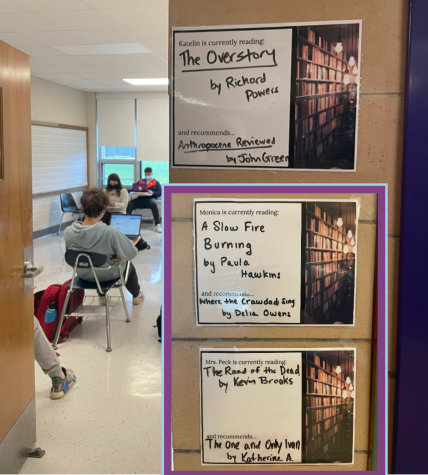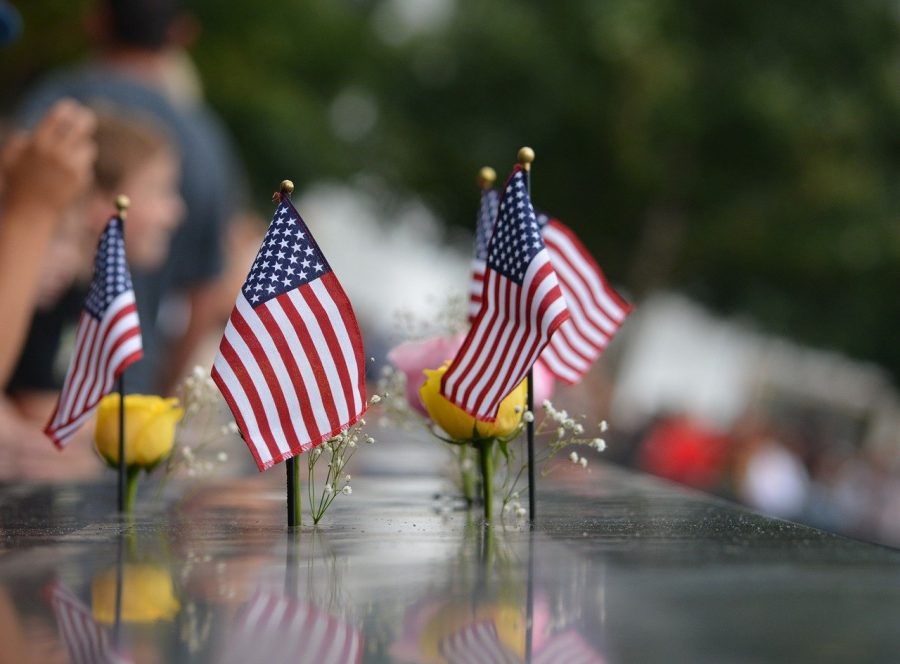How Should Teachers Talk about 9/11?
New Law Poses Questions
After writing my other article spotlighting Debra Lavender and her brother Michael L. Bocchino, I decided I wanted to write a follow up to the September article, How Should Teachers Talk about 9/11.
I interviewed teachers, administrators, students, and a 9/11 victim family member. I wanted multiple perspectives about the new law, and I hoped to understand whether or not they believed our school is doing enough to memorialize 9/11.
The statement expressed by Governor Cumo about the new law says, “The law is intended to”encourage dialogue and education in the classroom’” and to ensure that future generations understand the 2001 terrorist attack that took the lives of more than 3,000 people and its place in history”(CNN).
I first talked to a fellow classmate, Johanna Doyle a sophomore here at Rhinebeck. This past 9/11, she experienced first hand in the lunchroom how there is some mistreatment of the moment of silence, saying that people talked and continued the period without respecting the moment.
When I asked her how she felt about it she said, “If we are going to memorialize 9/11, we have to do it right.”
She expressed that although she believes the moment of silence is good, there should be more.
This sentiment was also expressed to me by RHS Principal Dr. Davenport.
“There’s always an opportunity to talk in more detail about historic events, I know that those attacks are apart of our social studies curriculum, but I think there are more ways to explore the topic.” Davenport said.
Dr. Davenport also expressed his opinion about the new law saying, “I think the law was a good start, because other schools and especially your generation may not have a complete or full understanding of the attacks of 9/11.”
Debra Lavender, sister to 9/11 victim firefighter Michael Bocchino, talked to me about her view on the issue while I was interviewing her for my other article.
“There’s an appropriate way that you can teach students without scaring them. It’s something that should never be forgotten and It should be taught in school.”
She told me she believes that all ages should learn about 9/11, but in different ways.
For example a high schooler would learn all about 9/11, but an elementary student would learn about emergency responders and how they helped on that day. She also suggested a field trip to the 9/11 Memorial and Museum for high school and middle schoolers.
Since my article talks about teachers, I felt it appropriate to talk to Mr. Lavazzo, our Government and Economics teachers.
When asked about 9/11 legislation and whether the district could be doing more, Mr. Lavazzo, an Air Force Veteran who served during 9/11, responded “Mandating something inspired to memorialize the concept of liberty is something I’m not on board with.”
Lavazzo went on further saying, “Doing more? Yes, absolutely. 9/11 is a contemporary issue, and all of us could be asking more questions, facilitating more discussions, and expanding our views to help define its memory.”
Whether you believe teachers or the community should educate young people about 9/11, everyone agrees that 9/11 is an important part of our history and should never be forgotten.
As a new generation of children grow up not knowing how important that day was, we as a community need to decide the best way to handle this issue.


